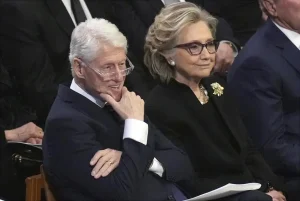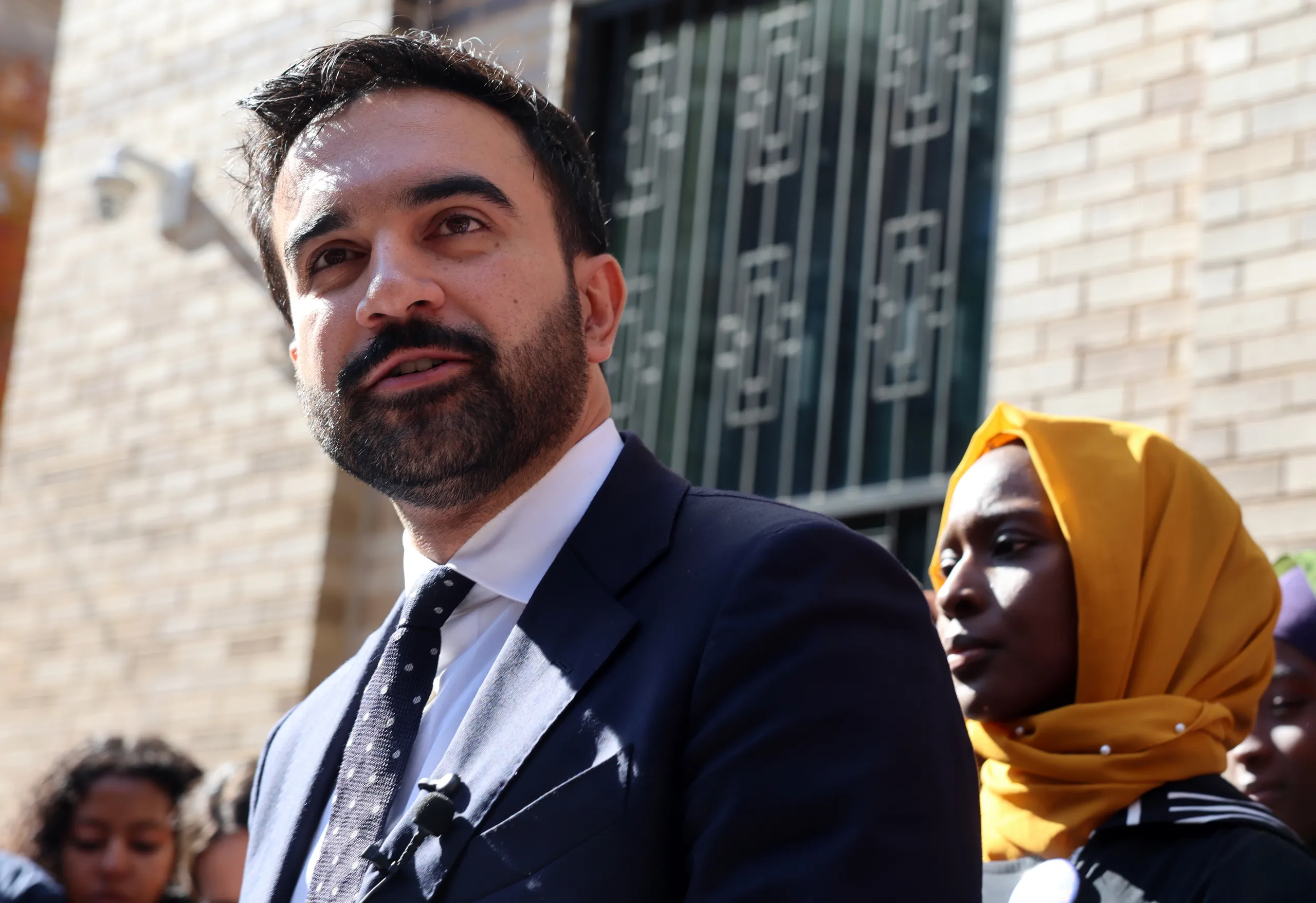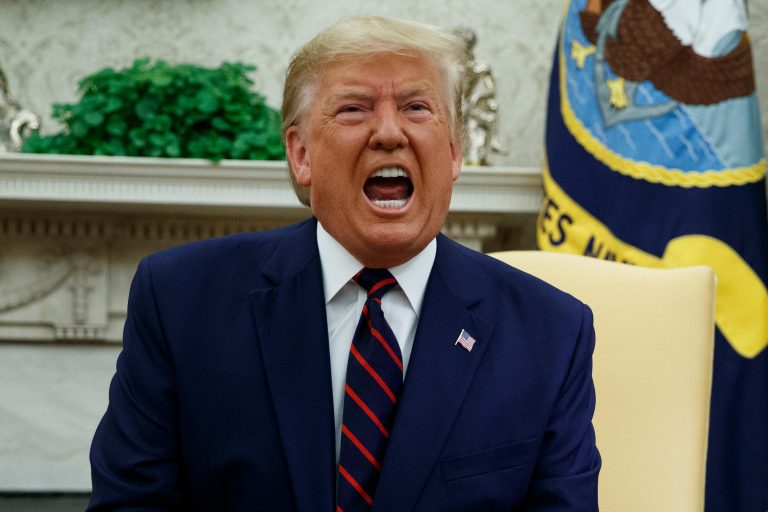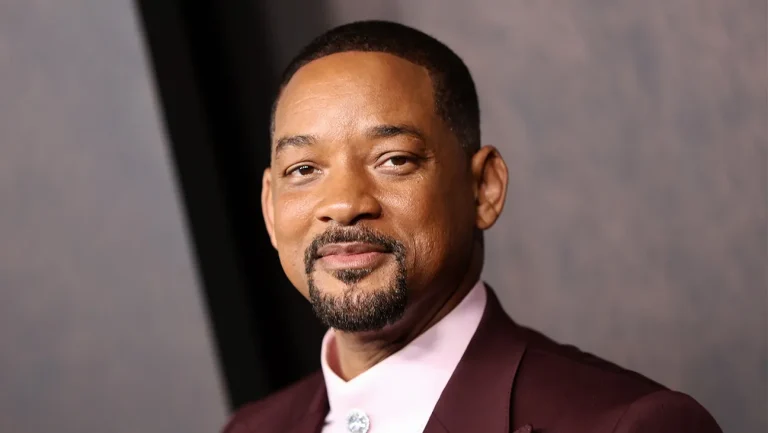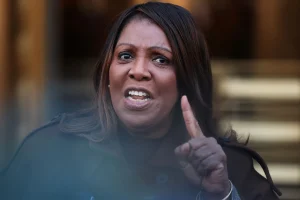On November 4, 2025, Zohran Mamdani, newly elected mayor of New York City, held a post-election celebration at the Brooklyn Paramount, a historic and recently renovated performance venue in downtown Brooklyn. The event, meant to mark Mamdani’s historic victory, drew attention not only for its celebratory nature but also for a detail that quickly sparked public discussion and media commentary: the event featured a cash bar where attendees paid for their own drinks, some of which were priced as high as $22.
Mamdani, a 34-year-old democratic socialist, ran a campaign focused on affordability, economic equity, and expanded public services. Central to his platform were promises of universal childcare, city-run grocery stores designed to reduce food costs, a rent freeze for nearly one million stabilized tenants, and free public transportation. His election was widely regarded as historic: Mamdani became the city’s first Muslim mayor and represented a generational shift in New York politics toward younger, progressive leadership.
The victory celebration at the Brooklyn Paramount was attended by supporters, campaign staff, and journalists. While the gathering was lively and enthusiastic, the presence of a cash bar raised eyebrows because it seemed to contrast sharply with the affordability-focused campaign messaging. Reported prices for drinks ranged from $13 for a Pabst Blue Ribbon beer to $16 for a Montauk Summer Ale, $15 for select wines, and up to $22 for cocktails, including old fashioneds and espresso martini coolers. Non-alcoholic drinks and light food items, such as pretzel-wrapped hot dogs, were also priced in the $10–$12 range.
The pricing became a point of discussion among critics and commentators, many of whom noted the perceived irony between Mamdani’s platform advocating for “free” public services and the commercial nature of his own celebratory event. Some commentators described the choice to have attendees pay for their drinks as a symbolic contradiction, suggesting it clashed with his promises of accessibility and affordability. Conservative commentators and social media users highlighted the cash bar as a moment that seemed inconsistent with the mayor-elect’s messaging on economic fairness.
It is important to note, however, that operating a cash bar at events hosted in commercial venues is a standard practice and not uncommon in the context of political celebrations. Several observers emphasized that the pricing at the Brooklyn Paramount reflected typical venue rates and was not excessive relative to comparable nightlife or event spaces in New York City. Nevertheless, in the context of Mamdani’s campaign rhetoric, the optics of paying for drinks at a post-election celebration became a focal point of scrutiny.
For comparison, Mamdani’s major opponents took different approaches during their post-election gatherings. Former Governor Andrew Cuomo’s viewing party at the Ziegfeld Ballroom in Midtown Manhattan reportedly featured an open bar, while Republican Curtis Sliwa’s campaign hosted an event with two free drink tickets per guest before switching to standard paid arrangements. In contrast, Mamdani’s event offered no complimentary drinks beyond the celebratory atmosphere, with attendees expected to cover beverage costs themselves.
While the criticism surrounding the event has largely focused on optics and symbolism rather than legal or ethical issues, it underscores the challenges of aligning public messaging with real-world practices. Mamdani’s campaign centered on delivering broad, ambitious social programs, which require legislative approval, state cooperation, and sustainable funding. In this context, the cost of drinks at a private event may appear minor, but in the eyes of some constituents and commentators, it serves as a reflection of potential inconsistencies between promises and implementation.
The backlash also raises questions about how the incoming administration will communicate and maintain coherence between campaign rhetoric and policy execution. While the prices at the Brooklyn Paramount may be standard for the venue, the visual and social media coverage of the cash bar contributed to a narrative highlighting the tension between campaign promises and celebratory practices. This illustrates how even seemingly minor decisions in a political campaign or post-election environment can have outsized effects on public perception.
Beyond the cash bar controversy, Mamdani’s historic election represents a significant shift in New York City politics. His platform seeks to address long-standing issues such as housing affordability, economic inequality, and access to essential services. Achieving these goals will require navigating a complex landscape of city governance, state oversight, budgetary constraints, and legislative negotiation. Critics, including business leaders and some political analysts, have expressed concerns about the feasibility of financing such ambitious programs primarily through tax increases on wealthy individuals and corporations. These concerns highlight the broader challenge of translating campaign promises into actionable policy while balancing fiscal responsibility.
Despite the scrutiny over the post-election event, Mamdani’s victory is widely celebrated by supporters as a turning point in the city’s political landscape. The celebration itself, attended by enthusiastic supporters and media representatives, reflected the historic and emotional significance of his election. While the cash bar and drink pricing became a talking point, the overall focus of the event was on marking Mamdani’s successful campaign and signaling a new direction for the city’s leadership.
The controversy surrounding the event underscores a larger theme in modern political campaigns: optics and symbolism can shape public perception as much as substantive policy proposals. Voters, commentators, and the media closely observe the behaviors and choices of elected officials, interpreting small decisions as indicative of broader patterns. In Mamdani’s case, the juxtaposition of an affordability-focused platform with the commercial pricing of a post-election celebration provided a tangible example for critics to frame narratives about consistency and alignment with campaign values.
Moreover, the episode highlights the role of social media and rapid information sharing in shaping political discourse. Photographs and reports of the Brooklyn Paramount event circulated widely, prompting immediate commentary and online discussion. This instant feedback loop can amplify moments that might otherwise be minor logistical details, emphasizing the importance of strategic communication and public relations in political leadership.
Looking ahead, the incident may serve as a learning opportunity for Mamdani and his team in managing public perception and ensuring that campaign messaging aligns with the practical realities of governance and public events. While the pricing at the venue does not pose a legal or regulatory issue, the symbolic implications provide a reminder of how public officials are continually evaluated based on both policy proposals and the optics of their actions.
In conclusion, Zohran Mamdani’s post-election celebration at the Brooklyn Paramount was factually reported as featuring a cash bar with standard venue pricing. While the pricing itself aligns with what is typical for such an event space, the juxtaposition with Mamdani’s campaign platform advocating affordability and free public services generated criticism and public discussion. The incident underscores the importance of consistency between campaign rhetoric and public actions, particularly in the eyes of constituents and commentators who closely scrutinize political figures. It also illustrates how symbolic moments, even minor ones, can influence public perception and contribute to broader narratives about political leadership.
Mamdani’s historic election remains a milestone for New York City, and while the cash bar controversy has drawn attention, it is likely to be a footnote relative to the significant policy challenges and opportunities that lie ahead. The event serves as both a celebration of electoral success and a reminder of the complexities involved in bridging the gap between political messaging and real-world governance.

Emily Johnson is a critically acclaimed essayist and novelist known for her thought-provoking works centered on feminism, women’s rights, and modern relationships. Born and raised in Portland, Oregon, Emily grew up with a deep love of books, often spending her afternoons at her local library. She went on to study literature and gender studies at UCLA, where she became deeply involved in activism and began publishing essays in campus journals. Her debut essay collection, Voices Unbound, struck a chord with readers nationwide for its fearless exploration of gender dynamics, identity, and the challenges faced by women in contemporary society. Emily later transitioned into fiction, writing novels that balance compelling storytelling with social commentary. Her protagonists are often strong, multidimensional women navigating love, ambition, and the struggles of everyday life, making her a favorite among readers who crave authentic, relatable narratives. Critics praise her ability to merge personal intimacy with universal themes. Off the page, Emily is an advocate for women in publishing, leading workshops that encourage young female writers to embrace their voices. She lives in Seattle with her partner and two rescue cats, where she continues to write, teach, and inspire a new generation of storytellers.



